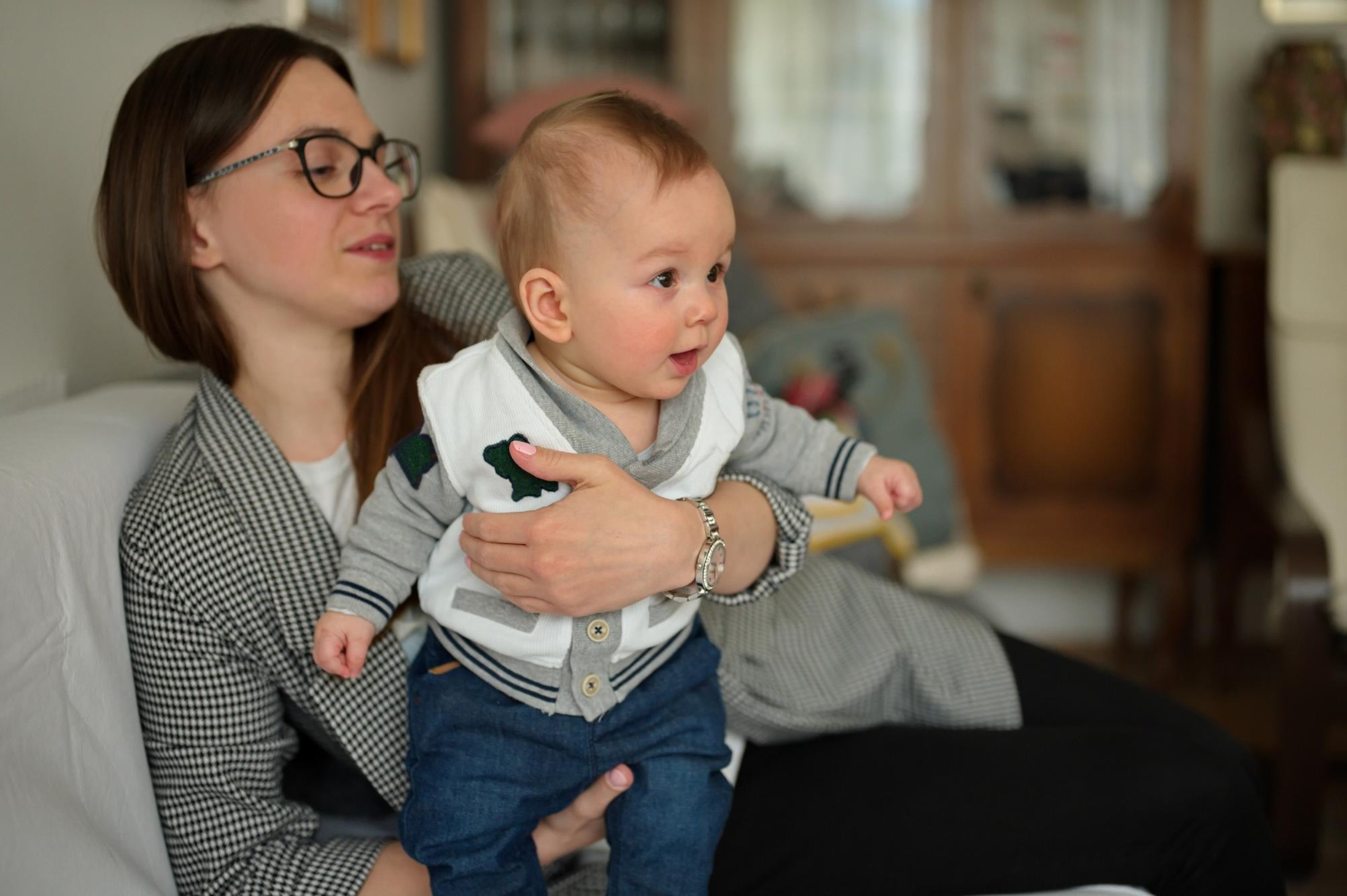The view of a geneticist and reproductive specialist at the Natuvitro clinic

One of the most common and justified fears of prospective parents who have hearing impairments or relatives with hearing loss is the risk of passing on the condition to their future child. The desire to protect a child from the difficulties that the parents themselves may have faced is completely natural. Hearing genetics is a complex but well-studied field that allows us to make accurate predictions.
At the Natuvitro clinic in Barcelona, we help couples every day to understand their unique genetic history and have healthy children. Let's take a closer look at how hearing problems are inherited, what causes them, and what modern evidence-based medicine has to offer.
Genetics or chance? Understanding the causes
It is important to understand a fundamental fact: not all hearing loss is hereditary. Deafness can be acquired as a result of external factors. These include the consequences of past infections (such as cytomegalovirus or rubella during pregnancy), birth trauma, complications after meningitis, or taking ototoxic antibiotics in early childhood. If the cause of a parent's hearing loss is purely external, their genes are not damaged, and the risk of passing on hearing loss to their child is practically zero, as in the general population.
However, statistics show that about 50-60% of cases of congenital hearing loss are still genetic in nature.
There are several types of inheritance, and understanding your type is the key to having healthy offspring:
- Autosomal recessive type (the most common, ~80% of cases of hereditary deafness): This is the most insidious scenario, as it often comes as a surprise to hearing parents. Both parents hear well but are hidden carriers of a “dormant” mutant gene (most often a mutation in the GJB2 gene, which is responsible for the protein connexin 26). A single defective gene does not cause deafness on its own, but if a child receives such genes from both the mother and the father at the same time, they will be born with hearing impairments. The probability of such a coincidence in each conception cycle is 25%.
- Autosomal dominant type (~15-20%): In this case, one of the parents already has a hereditary hearing impairment that manifests itself clinically. The “strong” gene is passed on directly, and the probability that the child will inherit the pathology is 50%. Often, such forms can be part of syndromic conditions (for example, Waardenburg syndrome).
- X-linked and mitochondrial inheritance: Rarer forms (1-2%) in which the mutation is “linked” to the sex of the child (boys are more often affected) or is transmitted exclusively through the female line via the mitochondrial DNA of the egg.
How to protect your future child?
If there have been cases of deafness in your family, or if you yourself have hearing impairments of any degree, planning for pregnancy should begin not with attempts to conceive, but with a visit to a specialist. The first step should be to consult a geneticist and undergo a panel of tests for mutations associated with hearing loss.
If the genetic risk is confirmed, modern reproductive medicine offers reliable and ethical solutions that can break the chain of inheritance of the disease in your family.
1. PGT-M (Preimplantation Genetic Testing for Monogenic Diseases)
This is the “gold standard” and the most effective method for couples who are carriers of mutations to have a genetically healthy child. The procedure is performed exclusively as part of an IVF program, as we need access to the embryo before it is transferred to the mother's body.
The process is as follows: we obtain embryos in the laboratory, and on the 5th day of development, when the embryo reaches the blastocyst stage, the embryologist carefully takes several cells for DNA analysis (trophectoderm biopsy). It is important to note that the biopsy is taken from the part that will become the placenta, so the future fetus itself is not harmed.
In Vitro Fertilization with PGT allows us to identify with high accuracy (up to 98-99%) embryos that do not carry the genetic defect that leads to deafness. We select only healthy embryos or carriers (like the parents) whose hearing will be preserved for transfer to the uterus. As a result, pregnancy occurs with an already tested fetus, and the future parents are relieved of anxiety about their baby's hearing and the need to make difficult decisions during pregnancy.
2. Use of donor material
In some cases, when the risk of transmitting the pathology is too high (for example, both parents have the same homozygous mutation) or it is impossible to obtain high-quality cells (for example, in older women with reduced ovarian reserve), we recommend an alternative route.
The IVF with Egg Donation (or sperm) at our clinic guarantees the highest level of safety. In Spain, donation is anonymous and strictly regulated. All our donors undergo extensive genetic screening (CGT genetic compatibility test), which checks for hundreds of recessive diseases, including mutations in the connexin 26 and 30 genes. We perform “genetic matching”: we select a donor who is genetically compatible with the partner, which reduces the risk of having a sick child to almost zero.
Why choose Barcelona?
Spain is rightly considered a recognized European leader in the field of reproductive technologies. Infertility treatment in Spain attracts patients from all over the world not only because of its mild climate, but also because of its loyal and progressive legislation, which allows PGT to be performed to exclude hereditary diseases.
Spanish clinics are known for their high standards of embryology laboratories and success rates that consistently exceed European averages.
At the Natuvitro clinic, we combine a warm, intimate family atmosphere with cutting-edge scientific achievements at the university level. We understand the sensitivity of heredity issues and guarantee complete confidentiality. We don't just treat infertility we help you strategically plan your family's genetic health for generations to come.
We look forward to seeing you for a consultation!
Take care of your future baby's health and quality of life even before conception. Sign up for an online or in-person meeting with our specialists.
Address: Travessera de les Corts, 322, 08029 Barcelona, Spain Website: https://natuvitro.com/ Phone: (+34) 936 555 888




![Linner Mercury Clarity OTC Hearing Aids [FSA & HSA Eligible] Linner](http://www.linnerlife.com/cdn/shop/files/Linner-Mercury-Clarity-OTC-Hearing-Aids-_FSA-_-HSA-Eligible_-Linner-110038953.webp?v=1725853434&width=360)

